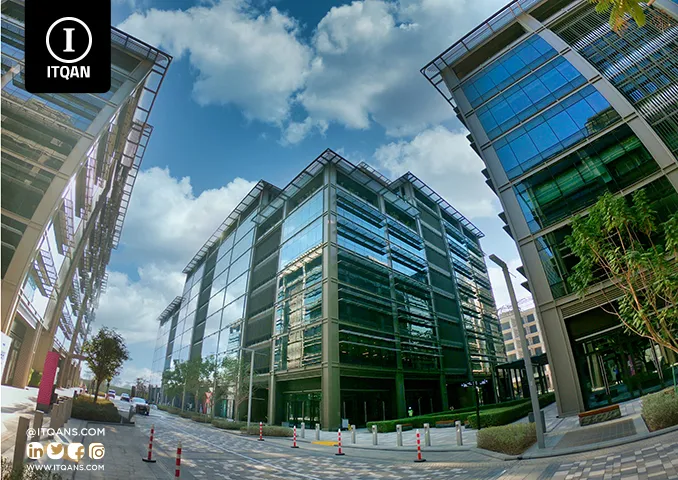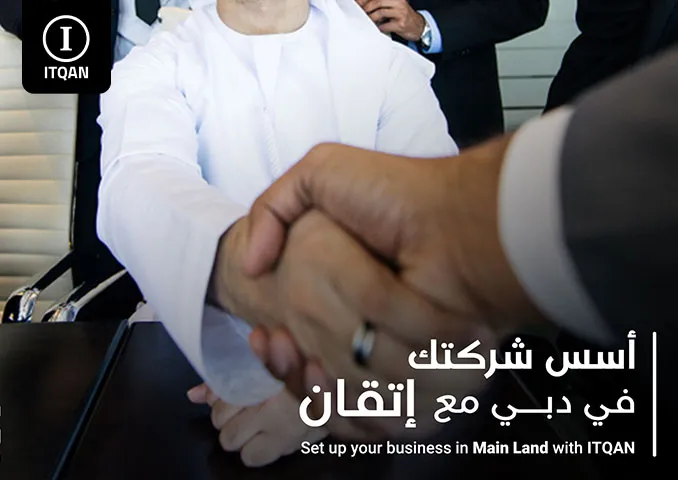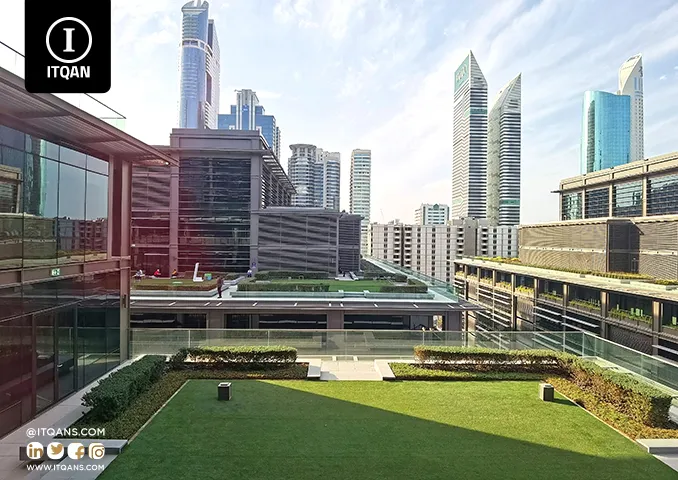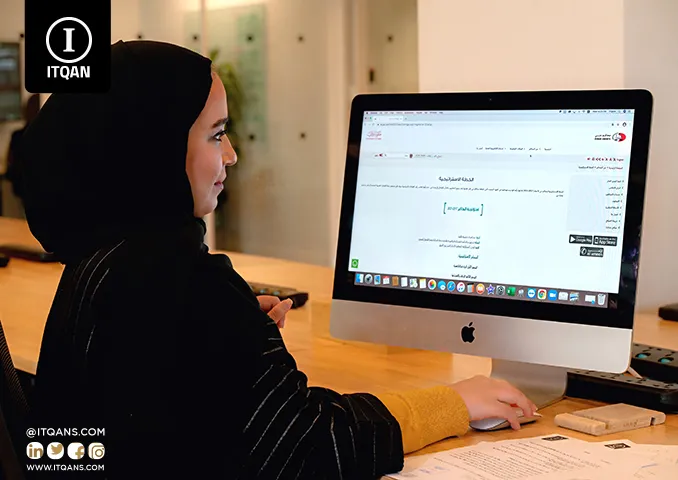Business Setup UAE: How to Establish a Free Zone Company in Dubai
Starting a business in Dubai’s free zones has become an increasingly popular choice for entrepreneurs worldwide. The process of business setup in UAE free zones is designed to be straightforward and investor-friendly, making Dubai a top destination for business expansion. This article outlines the advantages, steps to establish your company, and key considerations for entrepreneurs looking to succeed in the UAE market.
What Are Free Zones in the UAE?
Free zones in the UAE are designated areas that offer special business incentives and benefits to attract foreign investors. From tax exemptions to full ownership rights, free zones are ideal for companies looking to operate globally. With over 50 free zones across the UAE, including Dubai Multi Commodities Centre (DMCC) and Jebel Ali Free Zone (JAFZA), there’s a zone for every business type.
For more details on free zones, visit the UAE Government Portal.
Benefits of Business Setup in UAE Free Zones
One of the main attractions of starting a free zone company is the abundance of benefits entrepreneurs can enjoy. Here are some of the most notable:
- 100% Ownership: Unlike mainland businesses requiring a local sponsor, free zone companies offer full ownership to investors.
- Tax Advantages: Free zones provide 0% corporate tax and personal income tax exemptions.
- Simplified Business Setup: Streamlined registration procedures and ready-to-use office spaces make the setup process quick and efficient.
- Access to Global Markets: Free zones are strategically located with world-class infrastructure, making global trade seamless.
Steps for Business Setup in UAE Free Zones
Here is a step-by-step breakdown to help you launch your business successfully:
1. Choose the Right Free Zone
Your business activity will help determine which free zone is ideal. For instance, tech startups may prefer Dubai’s Dubai Internet City, while logistics companies benefit from JAFZA’s location near the port.
2. Select a Business Activity
Choose a business activity that aligns with your expertise and market demand. It’s important to note that each free zone supports specific industries, so ensure compatibility before proceeding.
3. Register Your Company Name
Decide on a unique company name that abides by UAE naming conventions. Avoid religious references or politically sensitive terms to expedite approval.
4. Submit Required Documents
Standard documents include:
- Copies of shareholder passports
- Proof of address
- Business plan (if required)
Free zones typically require fewer documents than mainland setups, simplifying the process further.
5. Obtain Your License
The cost of obtaining a license varies depending on the free zone and business activity. Licenses typically fall into categories such as commercial, industrial, or professional.
Costs of Free Zone Business Setup in Dubai
The upfront costs for a free zone business vary based on several factors, including the type of license, office space, and visa requirements. Below is a general breakdown:
- Trade License: Starting from AED 10,000
- Office Space: Shared desk spaces start at AED 15,000 annually
- Visa Costs: AED 3,000–5,000 per visa
Free Zone vs Mainland: Which is Right for You?
Choosing between a free zone and mainland business depends on your business model and target market. Free zones offer unparalleled flexibility for international trade, while mainland setups give you access to the local UAE market.
To explore more about UAE free zones, check out our article on Best Free Zones in UAE for Business Setup.
Conclusion
Embarking on your business setup in the UAE free zones opens doors to numerous opportunities and global reach. With its investor-friendly policies and robust economy, Dubai remains a leading destination for entrepreneurs worldwide. Evaluating your options and following accurate steps ensure a smooth and successful business launch.
















